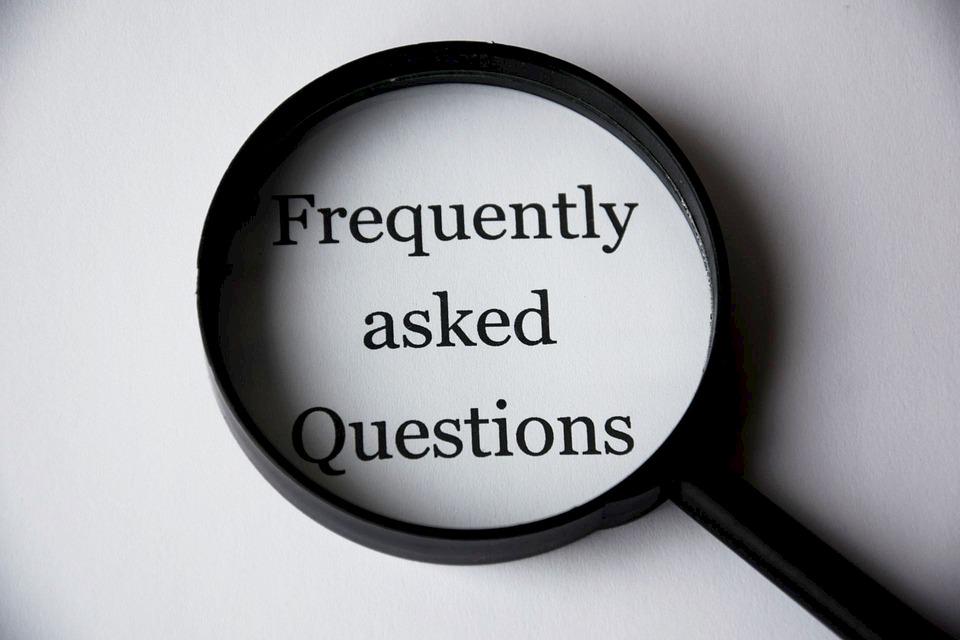How To Effectively Communicate With Your Customers
Since businesses need customers to stay relevant, practicing effective communication with them makes sense. Moreover, communication makes it easier for your clients to trust and stay loyal to your brands, as they appreciate the effort to solve their issues. It also helps you understand what they require from you and tailor your products and services to meet their needs. Statistics indicate that approximately 57% of clients will stay loyal to a brand with effective human communication. In comparison, 58% will be encouraged to purchase. Effective communication is possible with the right steps, including the following.
1. Be patient with them
It's not unusual to come across various customers as your business progresses; some can get on your nerves at some point. Also, certain issues with your products or services can cause some customers to become irritated or angry and speak unpleasantly. Likewise, customers can be unsure about your brand and may have many questions. While these situations may tempt you to respond harshly, exercising patience is more beneficial in many ways. It requires you to step in your customers' shoes, understand their anger, confusion, and frustrations, and recommend helpful solutions. This becomes a win-win situation; your clients are satisfied and happy, and you don't have to worry about losing them. Moreover, you benefit from an improved business reputation and an increased customer base.
When speaking with your clients, remember to breathe when the situation proves difficult, as it nourishes your brain and calms you down. However, breathe in and out gently without exaggerated noises. You'll also find it helpful to pay attention to what they need instead of how they deliver their message. As a tip, listen to them and avoid coming up with solutions while they speak. This way, you can fully understand and address their issues efficiently. However, you should note that being patient doesn't mean that you let clients get away with the wrong things. However, using the right words and tone can help you get to your clients, so keep this in mind.
2. Don't make promises you can't keep
Sure, it may be tempting to make promises to impress your customers. However, making promises, you can't keep can be more harmful than beneficial. For starters, it can cause your customers to lose faith in your brand and tarnish your business's reputation. Furthermore, disgruntled customers can quickly give negative reviews about your brand, and you risk losing potential clients. This, in turn, can lead to low sales and business foreclosure. To avoid these, it's best to abstain from over-promising and under-delivering. Instead, be honest with what you can offer your clients, explaining why you can't go beyond that. For instance, if your delivery takes 7 days, avoid telling the clients that they'd get their products in 3 days. Likewise, be straightforward about the delivery costs, as no one likes to be cheated.
Most business owners also allow their clients to pressure them into making promises they can't keep, which is a mistake you want to avoid. To avoid succumbing to this, only take on client requests you can comfortably handle, and be honest about the obstacles you may face should you take on more than is necessary. Also, don't promise that you'll implement customers' ideas if you wouldn't. Instead, analyze these suggestions to see if they suit your business goals, and be transparent about why you may not implement them. You can also probe more to discover why your clients made such suggestions and what alternative options can meet those needs. Consequently, ensure that your product launch dates are set once the products are ready to avoid disappointments.
3. Leverage effective channels for easier communication
Effective communication can be possible through many channels, and investing in the most suitable options makes sense. Fortunately, several communication channels are available, one of which is email. Although it seems old-fashioned, it's swift, convenient, and affordable. As a tip, personalize your emails to encourage your clients to read them. Likewise, you can consider video messaging, web chat, text messaging, and social media for the best results. Handwritten notes give a personal touch and can make your clients feel important and valued, so keep this in mind. Consequently, cloud-hosted telecoms can be beneficial as they are flexible, affordable, and scalable. Credible outsourced IT support companies can help you acquire your cloud-hosted telecom, so feel free to consider this.
4. Use positive language when communicating with them
Positive communication involves using the right words that reflect the positive aspects of a situation by being comprehensive, empathetic, and offering a solution. Using positive language when communicating with your clients has many benefits worth considering. For starters, it's likelier that your clients return to your business when they feel good after each conversation. Admittedly, dealing with customers can be challenging, but positive language can make client relationships more manageable. Moreover, clients will also know that you value them and understand their situations. Seeing these advantages, using positive language makes sense. To get started, experts advise against using negative language, as this can create a barrier between you and your clients.
For instance, saying “we don't have this product currently as we are experiencing supply issues” can be dismissive. Instead, try saying, “this product will be ready next week, but we can place your order and ship it once it's ready.” This statement will likely encourage your clients to wait until your product is ready. Consequently, avoid using an overly formal greeting, as it may feel cold. Instead of using “you're through to…”, try using “hi” or “hey” for a more polite but friendly feel. Consequently, refrain from using forceful words and phrases like “you must,” and use motivating options like “you can” or “please.”
5. Don't shy away from asking questions
You'll find it beneficial to ask your customers questions regarding your products and services. This way, you can get helpful feedback, constructive criticisms, and suggestions that can help you improve your brand and outshine the competition. Questions focusing on their satisfaction, your products' challenges, and how to address them will be best. You can leverage focus groups, emails, or surveys to get the needed information.
839GYLCCC1992






Leave a Reply